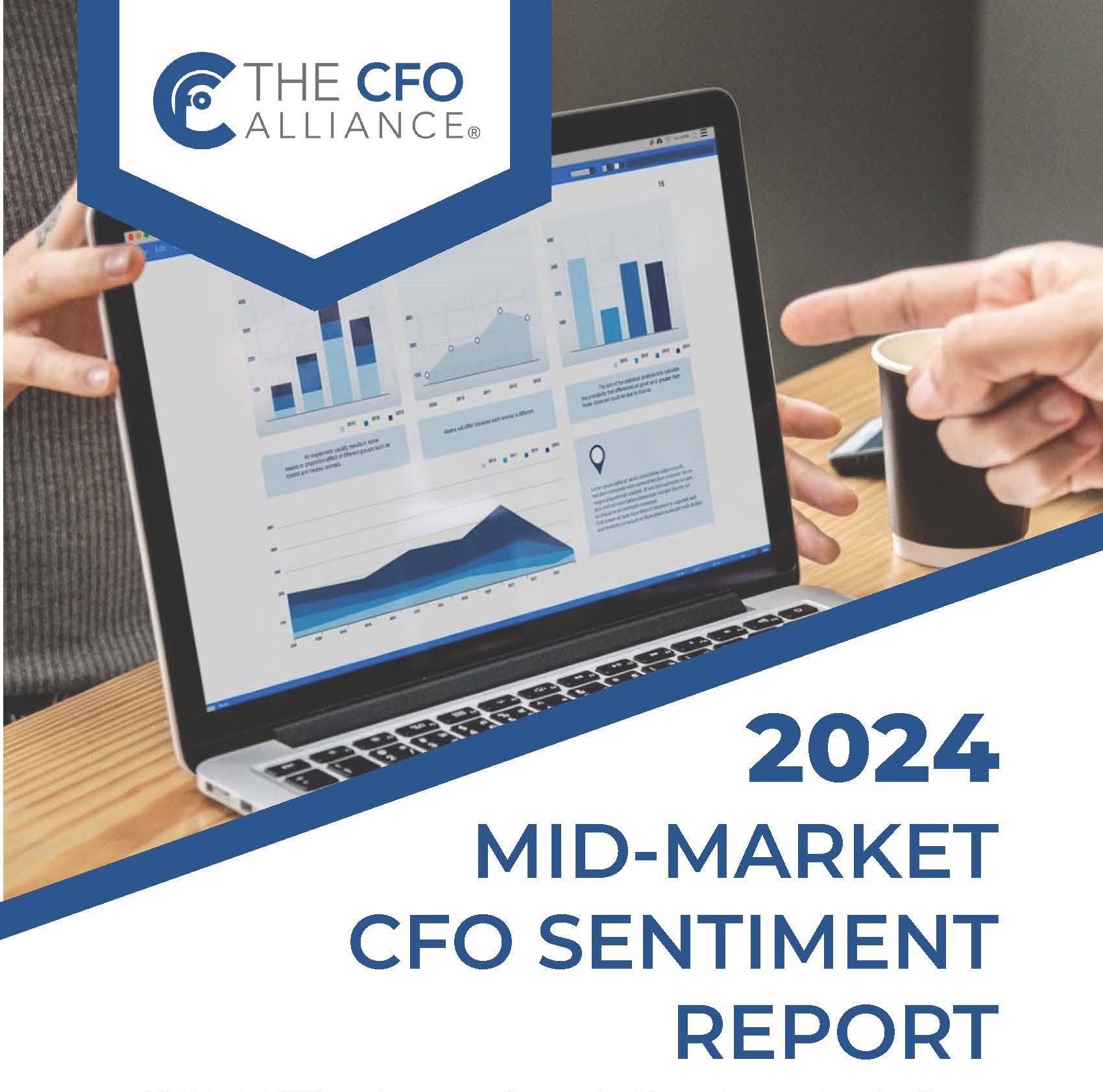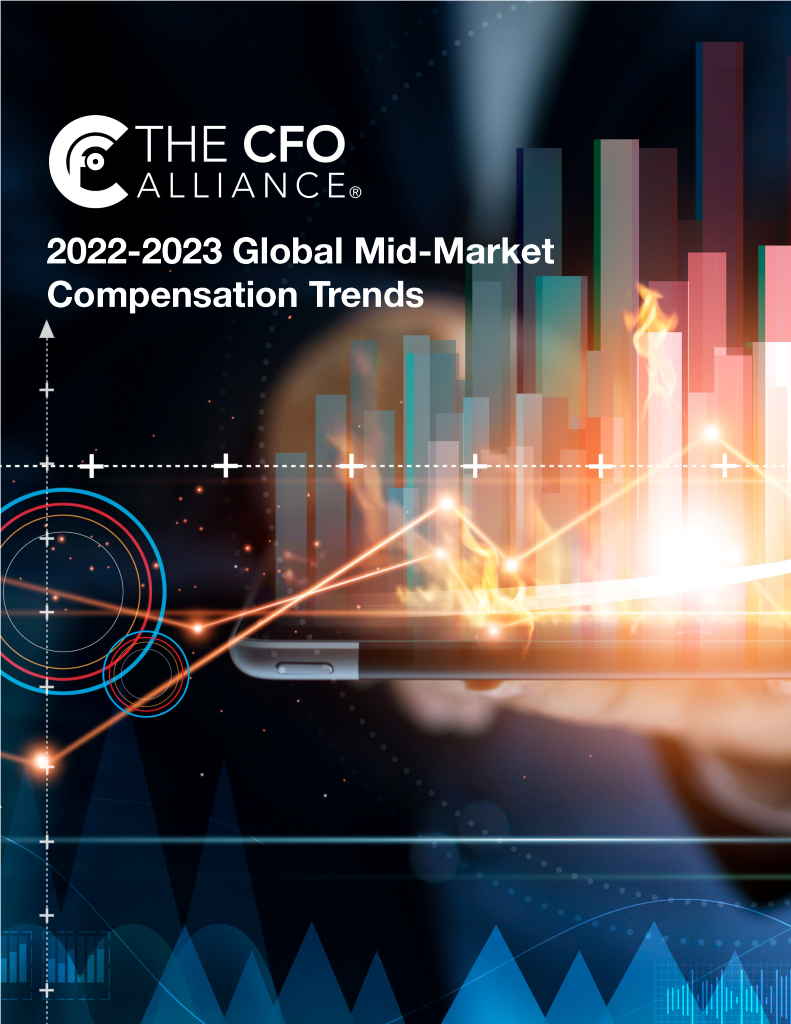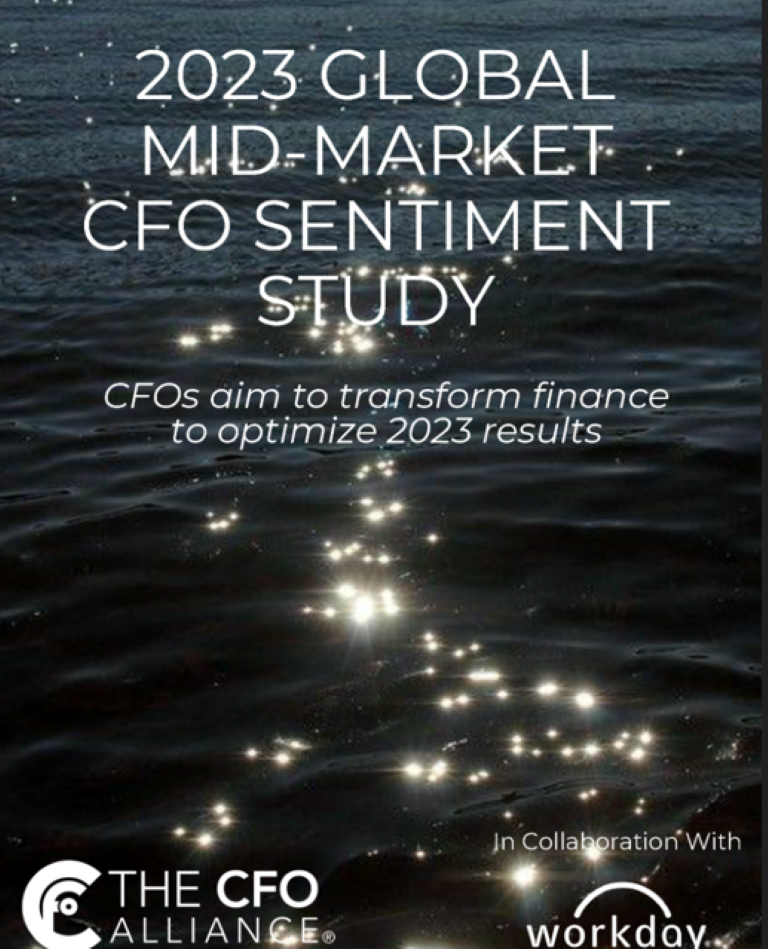What is the Difference Between Machine Learning in Accounting & Finance vs. AI in Accounting & Finance?
What is the difference between machine learning in accounting and finance vs. artificial intelligence in accounting and finance?
Machine learning (ML) and artificial intelligence (AI) are closely related fields, but they have distinct differences. In accounting and finance: Machine Learning typically involves the use of algorithms that allow systems to learn from data and make predictions or decisions without being explicitly programmed. For accounting and finance, ML can be used for tasks like fraud detection, risk assessment, and predicting financial trends. It analyzes historical data to identify patterns and make informed predictions.
Artificial Intelligence (AI) encompasses a broader scope, including machine learning. AI involves the development of systems that can perform tasks that usually require human intelligence. In accounting and finance, AI goes beyond ML by incorporating techniques like natural language processing (NLP) for reading and understanding documents, expert systems that simulate human decision-making, and even robotics process automation (RPA) for automating repetitive tasks. In essence, while machine learning is a subset of AI, the latter incorporates a more comprehensive range of technologies and approaches, including ML, to develop systems capable of performing tasks that traditionally require human intelligence. In accounting and finance, both ML and AI can be utilized to automate processes, enhance decision-making, and improve efficiency, but AI incorporates a wider array of techniques beyond just learning from data patterns.
What are the most common examples of machine learning in accounting and finance?
In accounting and finance, machine learning finds various applications. Here are some common examples:
- Fraud Detection: Machine learning models can analyze large volumes of financial transaction data to detect anomalies and patterns that might indicate fraudulent activity. It can flag suspicious transactions for further investigation.
- Risk Assessment: ML is used to assess credit risk by analyzing various factors to predict the likelihood of default. It helps in making lending decisions by assessing the creditworthiness of individuals or businesses.
- Algorithmic Trading: Machine learning algorithms are employed to analyze market data, identify trends, and make predictions about stock prices. High-frequency trading and quantitative analysis heavily rely on these algorithms to make rapid trading decisions.
- Predictive Analytics: ML is used to predict market trends, stock price movements, currency fluctuations, and other financial indicators by analyzing historical data and identifying patterns that might indicate future movements.
- Customer Segmentation and Personalization: Financial institutions use machine learning to segment customers based on their behavior, preferences, and risk profiles. This helps in offering personalized services and targeted marketing.
- Automated Document Processing: ML is used for automated data extraction and analysis from financial documents such as invoices, receipts, and financial statements, reducing manual labor and human error in data entry.
- Regulatory Compliance: Machine learning helps in monitoring and ensuring compliance with regulations by analyzing large volumes of data to identify irregularities or non-compliance issues. These applications demonstrate how machine learning is applied in accounting and finance to improve decision-making, automated processes, and mitigate risks.
What are the most common examples of artificial intelligence in accounting and finance?
Artificial intelligence (AI) in accounting and finance goes beyond machine learning, encompassing various advanced technologies. Here are some common examples:
- Natural Language Processing (NLP): AI-powered systems use NLP to interpret and analyze human language. In accounting and finance, this is applied to analyze unstructured data from documents like contracts, financial statements, and regulatory filings.
- Robotic Process Automation (RPA): RPA automates repetitive, rule-based tasks. In finance, it's used for tasks like data entry, report generation, and reconciliations, enhancing efficiency and reducing errors.
- Cognitive Computing: This involves systems that simulate human thought processes. In accounting and finance, cognitive computing systems can understand, reason, and learn to provide insights and support decision-making.
- Expert Systems: AI-based systems designed to mimic human decision-making by following a set of rules and logical reasoning. In finance, these systems can provide advice on investments or compliance based on established rules.
- Chatbots and Virtual Assistants: AI-powered chatbots or virtual assistants are used in customer service to handle inquiries, provide information, or assist in transactions.
- Predictive Analytics and Forecasting: AI enables more advanced predictive analytics by using a combination of algorithms to forecast financial trends, market behavior, and other indicators more accurately.
- Deep Learning: This is a subset of machine learning that uses neural networks to learn from large amounts of data. In finance, deep learning can be used for pattern recognition, risk analysis, and algorithmic trading.
- Image and Pattern Recognition: AI technology can be used to interpret and analyze visual data, like recognizing signatures on checks or processing data from images of receipts.
- Blockchain and Smart Contracts: While not purely AI, the integration of AI with blockchain technology allows for smart contracts and more efficient, automated, and transparent financial transactions. These applications demonstrate the broader scope of artificial intelligence in accounting and finance, incorporating various technologies beyond traditional machine learning to automate tasks, enhance decision-making, and process unstructured data.
Interested in joining other financial leaders in discussing their usage of AI? Join us and fellow CFOs at our next Roundtable Series on The State of AI in Finance, visit our event page.



